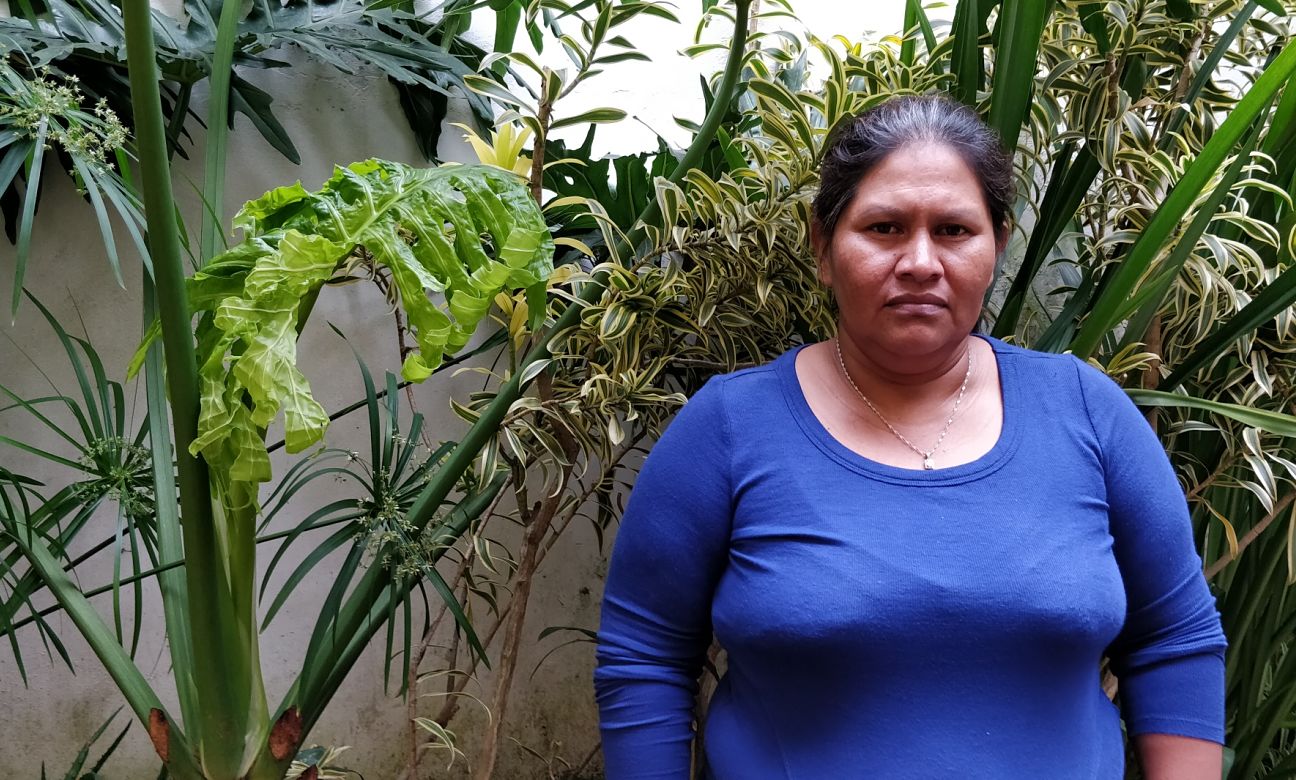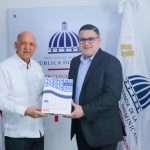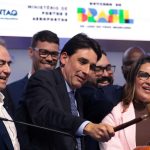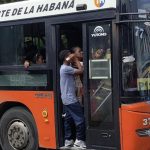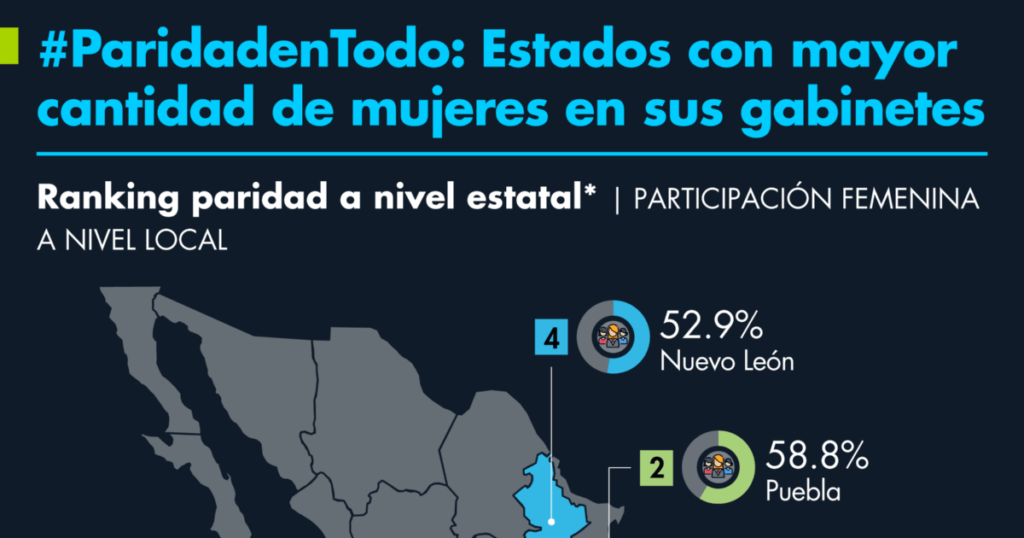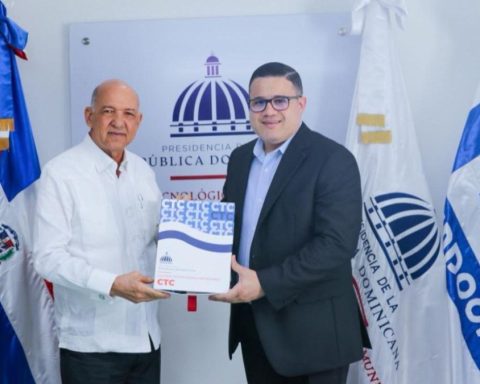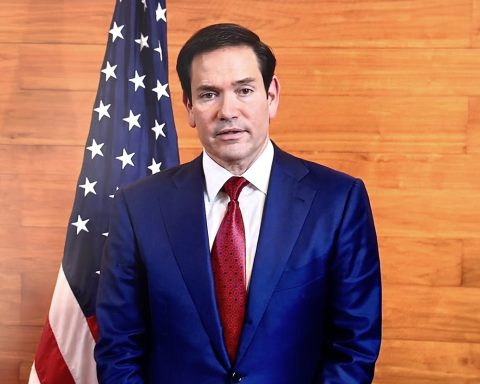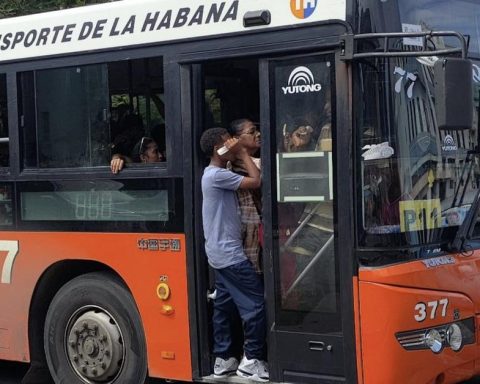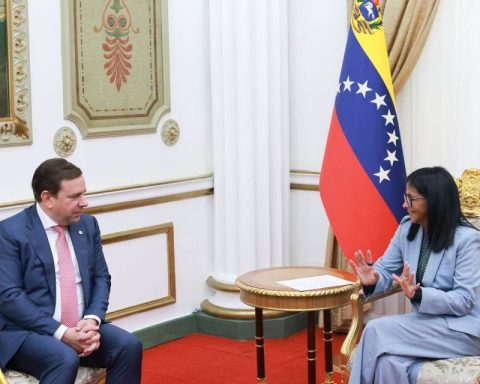The peasant leader Francisca “Girl” Ramirez will denounce the intensification of the repression and demand greater international pressure against Daniel Ortega to release political prisoners and return democracy to Nicaragua during a civil society event that will take place in parallel to the Summit of the Americas that begins this Monday 6 June in Los Angeles, California.
Ramírez, exiled in Costa Rica since 2018, points out that “many things have been said, but have not been done”, referring to the urgency of concrete actions to break the Ortega Murillo regime. “Daniel Ortega continues to be empowered, he feels that he has not had much pressure, so we need many mechanisms to apply pressure, such as the Nica Act and others,” she said.
Read: Biden in debt with the implementation of the Reborn Law
Although international attention has focused on Mexico’s attendance or not at the Summit, after President Andrés Manuel López Obrador conditioned its participation to the invitation of Cuba, Nicaragua and VenezuelaFor Ramírez, there is an opportunity for rapprochement between sectors of the opposition and the Nicaraguan diaspora.
The leader will share her points of view on the repression that the peasants have also suffered under the yoke of Ortega and the imprisonment of their main leaders. Just over 40 people from the opposition and the Nicaraguan diaspora participate, where they will also talk about how the country got to a deplorable situation in democratic terms.
Ligia Gómez, spokesperson and researcher of Urnas Abiertas, will be in charge of the presentation “Nicaragua and the extermination of democracy”, through which he will denounce how the democratic channels in the country have been extirpated by the regime. “The electoral fraud of 2021 caused the installation of a de facto government that has deepened the human rights crisis and the political crisis,” he said.
For Gómez, a former official of the Central Bank of Nicaragua, the call to the official missions that participate in the Summit is “to build a realistic strategy that transcends a topic as superficial as an invitation.” She clarified that due to the way the Summit is organized, specific problems such as the case of Nicaragua are not addressed, but rather regional issues. Governance is part of the agenda of the meeting, but it is very likely that it will be focused on overcoming the challenges at the level of democracy that exist in the continent, she pointed out.
“Our call is to unite bilateral, multilateral, regional efforts to solve the crisis,” said Gómez.
Influencing the final position of the Summit
Amaru Ruiz, representative of the organization Red Local and Focal Point of the Citizen Forum of the Americas in Nicaragua, will be responsible for presenting at the hemispheric meeting the demolition of freedom of association in the country, evident in the illegalization of 452 civil society NGOs from 2018 to date.
He explains that the purpose of the Focal Point at the Summit is not political advocacy, but rather the “official part” of the event, which means that the document resulting from the Summit mentions realities that affect other countries, but also coincide with the problem facing Nicaragua.
Although Ruiz knows that some civil society groups will have bilateral meetings with various authorities of the countries, he considers that “there is very little atmosphere to address the issue of Nicaragua in the official part”, because the debate generated by the presence or not of Cuba, Venezuela and Nicaragua generates certain susceptibility in other countries of the hemisphere. “What we feel is that this issue is vetoed, so why are you going to make an effort, if from the outset, the countries do not want to position themselves from an ideological point of view with certain groups, countries,” he questioned.
However, he pointed out that one of the great achievements of this Summit is the participation of dozens of Nicaraguans from civil society, which had not happened in the past. “That generates expectations of the ability of Nicaraguan society to influence both official delegates and the States,” he said.
2021: 1520 attacks against journalists
Likewise, the Legal Defense Network, made up of organizations from Nicaragua, Costa Rica and the United States, demanded, through a letter, the delegates who will participate in the Summit, to pay attention to the crisis that Nicaragua is experiencing, in which has turned the exercise of freedom of the press into “a crime”, persecuting journalists and forcing them into exile.
The organization Nicaraguan Independent Journalists and Communicators (PCIN) registered 1,520 attacks of different types against journalists and independent media outlets in 2021. For this reason, Nicaragua was placed in the “red zone” of the ranking prepared by Reporters Without Borders (RSF). It ranked 121st. A drop of four places compared to 2020. Freedoms have been curtailed by repressive laws that have raised levels of self-censorship in a country that continues to expel migrants in search of better life opportunities.
